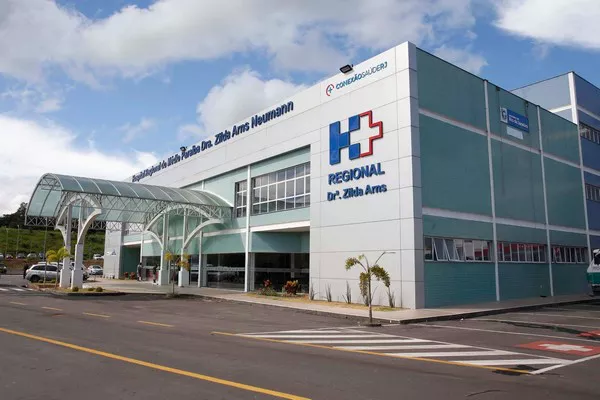In a bold display of resistance, thousands of trainee doctors in South Korea, who previously walked out en masse protesting healthcare reforms, have chosen to stand firm, defying the government’s ultimatum to resume work or face legal repercussions.
Yonhap News Agency reported on the stipulated deadline day that a significant number of young doctors, who objected to the government’s initiative to increase medical school enrollments, displayed minimal inclination to return to their hospital duties.
Vice Health Minister Park Min-soo, in a briefing, acknowledged that as of Wednesday night, only 294 out of over 9,000 striking trainee doctors had returned to work. Park commended those who made the decision to return, emphasizing the importance of prioritizing patient care over protests.
Efforts have been initiated by Park to engage in dialogue with the striking doctors, with a scheduled meeting on Thursday. However, the attendance remains uncertain. Park extended an olive branch, stating that those returning by the specified date would not face repercussions for leaving their posts.
The Korean Medical Association (KMA), critical of the government’s perceived “intimidation tactics,” has not issued a statement regarding potential talks. A social media account run by young doctors shared a screenshot of a government text message with the retort: “You must be joking.”
With formal steps towards punishment expected to commence on Monday, health ministry official Kim Chung-hwan outlined the government’s plan to notify doctors missing the deadline starting March 4. The repercussions may include the suspension of medical licenses, with an opportunity for doctors to respond.
Under South Korean law, the government has the authority to order doctors back to work if public health is deemed at risk. Those refusing to comply could face suspension of their medical licenses for up to a year, along with potential imprisonment or a fine.
Observers speculate that authorities may opt to penalize strike leaders to prevent further strain on hospital operations.
At the core of the dispute lies the government’s proposal to admit 2,000 additional students to medical schools from next year, constituting a 65 percent increase from the current 3,058. The government justifies this move as essential to address the country’s aging population, aiming to add up to 10,000 new doctors by 2035.
Protesting doctors argue that universities are ill-equipped to provide quality education for the increased number of students and demand that the government addresses pay and working conditions before expanding the physician count.
The walkout has resulted in disruptions at major hospitals, causing the redirection of patients and the cancellation of surgeries and medical procedures.
Patients’ advocacy groups, representing individuals with severe illnesses, have called for doctors to return to work, emphasizing the need for discussions to improve the medical system. Lee Kun-joo, in a hospice with terminal lung cancer, pleaded with doctors to prioritize patient well-being, reminding them of the oath they took.
While the government’s plan enjoys broad public support, President Yoon Suk-yeol, taking a firm stance against the striking doctors, has witnessed an increase in approval ratings. Analysts speculate that the government’s tough approach may resonate positively with the public ahead of the legislative elections on April 10. However, doctors remain steadfast, perceiving a retreat as detrimental to their cause, indicating a prolonged standoff.


